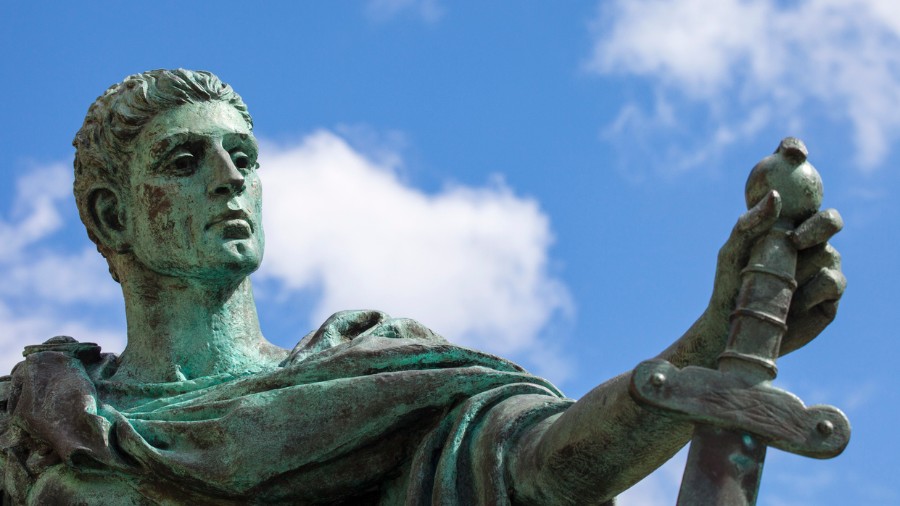Years ago I issued a warning: The U.S. must not follow the path of Western Europe in a profoundly crucial arena, and the Church must act decisively to help. Or at least stop making things worse.
The disaster I saw in Europe and foresaw in America was this: A total separation between patriotic, populist, reality-based political movements and principled Christian citizens. In Europe, the parties alive to the existential threat of non-Western immigration, political Islam, and globalist attacks on national sovereignty are mostly thoroughly secular. They’ve fallen completely silent on unborn life, the institution of marriage, and other social issues which are absolutely crucial, in the long run, to the survival of their countries. The foundation of their house is cracked and starting to crumble, but these conservative parties are no longer paying attention.
Why? Because the house is on fire, and structural reinforcement doesn’t seem as urgent as putting out the flames. When thousands of jihadists stupidly imported from war zones march through the streets of German cities demanding sharia, and hundreds of churches in France burn down after arson attacks, and British girls are trafficked by Muslim grooming gangs whom it’s literally a crime to complain about … arguments over abortion or the LGBTQ agenda tend to get pushed onto the margins.
In the past, conservative parties would be expected to march along both tracks, to fend off foreign invasion and cultural subversion. Pro-life, pro-family policies were part and parcel of sane, conservative platforms in Europe, as they were in the U.S. right up through 2020. But first in Europe, and by 2024 in America, these movements began to splinter. Trump’s winning platform this year was heavily diluted, markedly less conservative on social issues than Mitt Romney’s was in 2012. (Not that Romney or the GOP really meant any of it, but they felt constrained to pretend.)
What happened and who’s at fault? Not the secular politicians, who follow public opinion rather than form it. The villain of this piece is in fact the Church and its leaders. (For this piece I’ll focus on my own Roman Catholic Church, but the lessons apply equally to leading Evangelical bodies, especially those thought leaders whom critics such as Megan Basham rightly calls “regime Christians.”) […]
— Read More: stream.org


